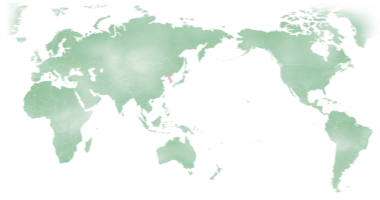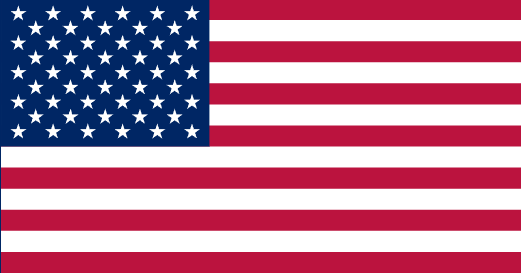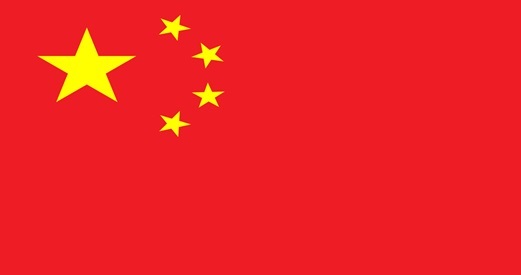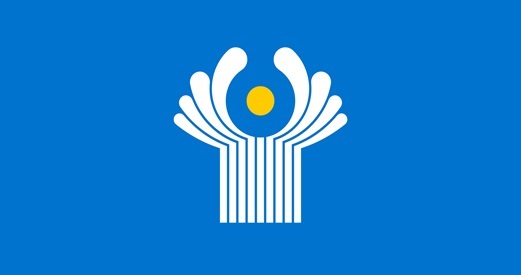Overseas Koreans’ contribution
to the development of Korea
For the Korea of today to exist,
overseas Koreans have struggled together with us.
We introduce to you the efforts of overseas Koreans,
who made a lot of contributions for the development of Korea.
Overseas Koreans, who contributed to the development of their homeland in various fields
with a sense of their roots as well as affection for their native country!
Whenever Korea was in a crisis, they offered to help without hesitation.

Overseas Koreans
around the world
- 1800s-1900s: Donated the profits earned after migration as funds for the independence
movement, participated in the anti-Japan independence movement - 1960s-1970s: Acquired foreign currency through miners and nurses that were dispatched
to Germany - 1980s-1990s: Actively raised money in times of national events or crises such as the
Seoul Olympics and the IMF foreign-exchange crisis - 2000s-2020s: Actively participating in spreading Korean culture and in the campaign to
‘correctly notify Korea’ (e.g. designating several memorial days related to Korean culture,
correcting wrong information about Korea in textbooks), hosting of celebration ceremonies
for the National Liberation Day by Korean associations in major cities around the world

Overseas Koreans
in the United States
- 1800s-1900s: Participated in anti-Japan independence movement and the establishment
of Korea - 1990s: Contributed in various aspects – adopted Korean as part of SAT II, pioneered export
markets, overcame the IMF foreign-exchange crisis by remitting US dollars - 2000s-2020s: Political and diplomatic contributions including the passing of East Sea Bill
and H. Res. 121 regarding Japanese military sexual slavery (Japanese military ‘comfort
women’); attracted talent in the United States for the heavy chemical industry and the
field of science including the space industry (Korea Institute of Science and Technology,
Pohang University of Science and Technology, etc.); recent efforts to increase the
political power of Korean society in the United States through grassroots movements

Overseas Koreans
in Japan
- 1800s-1900s: Participated in the anti-Japan independence movement
- 1950s: Fought in the Korean War (Student Volunteer Force of Koreans in Japan)
- 1960s-1970s: Establishment of the export base Guro Industrial Complex, contribution of
9 out of 10 buildings among the official residences in Japan, donation of a citrus sapling
to Jeju - 1980s-1990s: Supported the Seoul Olympics, helped overcome the IMF foreign-exchange crises by remitting Japanese yen, purchase of homeland goods and investment
- 2000s-2020s: Contributed to the development of the Korean economy and the spread
of Korean culture

Overseas Koreans
in China
- 1800s-1900s: The center of anti-Japan independence movement
(e.g. Jiandao, Shanghai, etc.) - 1990s: Cooperation of activities by Korean companies that entered China
- 1990s-2020s: Provided manpower domestically, a bridging role for North-South unification
and fusion of the people in the future

Overseas Koreans
in the CIS
- 1800s-1900s: Overcame various ordeals such as forced migration, remigration etc
- 2000s: Reinforced the status of the Korean people through exemplary minority groups living
domestically (Koryoin), crucial role in the Eurasia Initiative such as the New Northern Policy
* CIS: Commonwealth of Independent States. A political community formed by 11 countries among consisting
republics as the Soviet Union ceased to exist in 1991 (Russia • Moldova • Belarus • Armenia • Azerbaijan • Uzbekistan • Kazakhstan • Kyrgyzstan • Tajikistan)
The contents above were written with reference to material on the Korean.net website.
Contents about the contributions of overseas Koreans are narrated in order of Korean consonants and English.